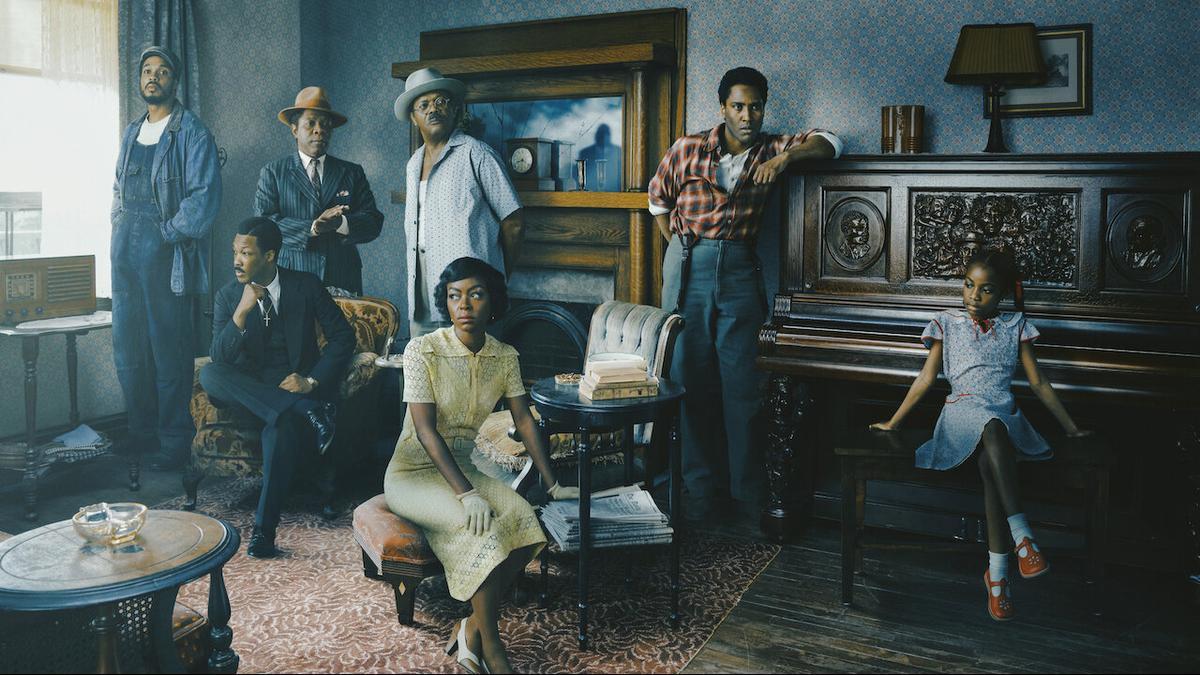
Maggie Smith, a towering figure in the world of acting, renowned for her captivating performances on both stage and screen, passed away on Friday, September 27, 2024, leaving behind a rich legacy that has inspired generations. Known for her versatility and sharp wit, Maggie had an illustrious career that spanned decades, during which she was honored with numerous accolades, including two Academy Awards. She was 89 at the time of her passing.
Smith’s sons, Chris Larkin and Toby Stephens, announced her death, sharing that she passed away in a London hospital in the early hours of Friday. “She leaves behind two sons and five loving grandchildren who are devastated by the loss of their extraordinary mother and grandmother,” stated the family, through publicist Clair Dobbs.
The British actress was frequently hailed as one of the finest performers of her generation, often mentioned alongside contemporaries like Vanessa Redgrave and Judi Dench. Her legacy is adorned with numerous honors, including multiple Academy Award nominations and a host of acting trophies, underscoring her place in the pantheon of acting greats.
In her golden years, Smith’s star power did not diminish; she remained a sought-after talent, often remarking on her good fortune at finding roles into her so-called “granny era.” Her later work included a series of memorable roles she humorously described as a “gallery of grotesques,” one of the most beloved being Professor Minerva McGonagall in the Harry Potter series. When asked why she took on the role, she wryly commented, “Harry Potter is my pension.”
Richard Eyre, who worked with Smith on a television adaptation of “Suddenly Last Summer,” trumpeted her as “intellectually the smartest actress” he’d ever collaborated with, asserting that outsmarting Maggie Smith required getting “up very, very early in the morning.”
Smith’s portrayal of Jean Brodie, a charismatic yet controversial schoolteacher in “The Prime of Miss Jean Brodie,” earned her the Oscar for Best Actress in 1969, along with a BAFTA win. Subsequently, she took home a Supporting Actress Oscar for “California Suite” in 1978 and was celebrated with Golden Globes for both “California Suite” and “A Room with a View.”
Across her career, she garnered Academy Award nominations for supporting roles in “Othello,” “Travels with My Aunt,” “Room with a View,” and “Gosford Park,” and a BAFTA award for supporting actress in “Tea with Mussolini.” Her theatrical pursuits were equally lauded, with a Tony Award win in 1990 for “Lettice and Lovage.”
Her performances throughout 2012 drew particular acclaim.
. Smith netted three Golden Globe nominations for her role in “Downton Abbey” and appeared in the well-regarded films “The Best Exotic Marigold Hotel” and “Quartet.”
While Smith had a reputation for being difficult to work with, she was often credited for her brilliance. Richard Burton observed she didn’t merely take center stage in “The VIPs” with him; rather, she “committed grand larceny.” Director Peter Hall noted that Smith’s reputed difficulty only surfaced “among idiots,” suggesting her high standards extended not just to others but to herself as well.
Smith once acknowledged her impatience, confessing, “It’s true I don’t tolerate fools, but then they don’t tolerate me, so I am spiky. Maybe that’s why I’m quite good at playing spiky elderly ladies.”
A critic for The New York Times, Frank Rich, praised her performance in “Lettice and Lovage” by describing how she transformed seemingly mundane lines into profound epigrams, drawing comparisons to the wit of literary giants like Coward and Wilde.
Despite her illustrious career, Smith was known for her aversion to discussing acting, a craft she considered might dissipate if dissected. As Simon Callow recalled, she was intensely private and shunned praise, retreating into herself if overwhelmed by compliments.
Born Margaret Natalie Smith on December 28, 1934, in Ilford, her father’s wartime assignment to Oxford in 1939 propelled her into the world of theater at an early age. Her talent was quickly recognized by Laurence Olivier, who invited her to join his nascent National Theatre company.
Maggie Smith was married twice, first to actor Robert Stephens with whom she had her two sons, and later to playwright Beverley Cross. She was honored with the title of Dame Commander of the British Empire in 1990, reflecting her outstanding contributions to the arts.
Her passing marks the end of an era, but her legacy lives on through diverse roles that continue to captivate audiences. The world of acting mourns the loss of a true luminary, celebrating a career that shone brightly on every platform it graced.










